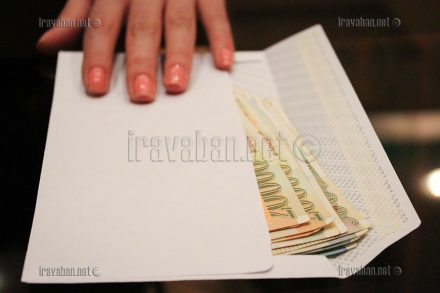In practice, references about the corruption and the need of effective fight against it is perceived in the content of current socio-economic and political situation assessment in Armenia.
The short and broad definition of corruption is embodied in the United Nations’ International Anti-Corruption informational document which reads: “Corruption is the abuse of public power for private gain.”
“Corruption” is a Latin term meaning spoilage, venality, decay, bribery.
“Transparency International” international non-governmental organization defines corruption as “the abuse of entrusted power for private gain.”
Article 2 of the Civil Law Convention on Corruption, which the Republic of Armenia has ratified, provides: “”corruption” means requesting, offering, giving or accepting, directly or indirectly, a bribe or any other undue advantage or prospect thereof, which distorts the proper performance of any duty or behavior required of the recipient of the bribe, the undue advantage or the prospect thereof.”
Corruption in fact may be more descriptively described as follows, “Corruption is corrosion of the power. As the rust erase the metal, in the same way corruption destroys the state apparatus as well as undermines the moral foundations of the public from inside. At the same time the level of corruption that exists in the country is and original measure of the public, which shows the level of moral state of the society and the state apparatus to solve the problems not in sake of personal advantage but for the sake of the public interest. Similarly, as the metal corrosion “fatigue” means lowering its endurance limit, in the same way the public fatigue from corruption means reduction of the public resistance level.”
Arnold Vardanyan, Member of the AYLA Law Students Department.































